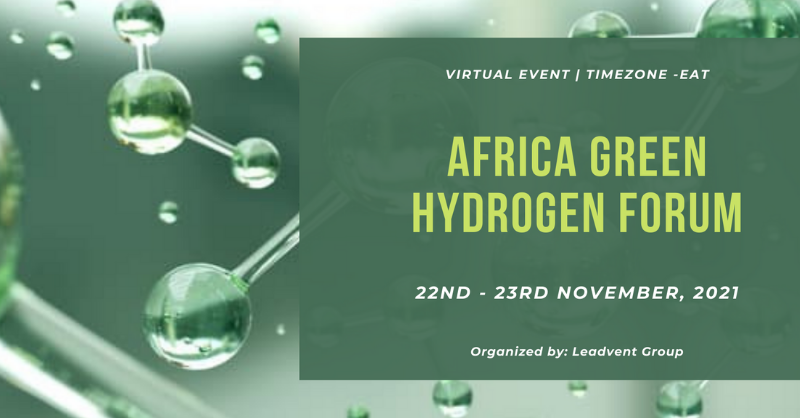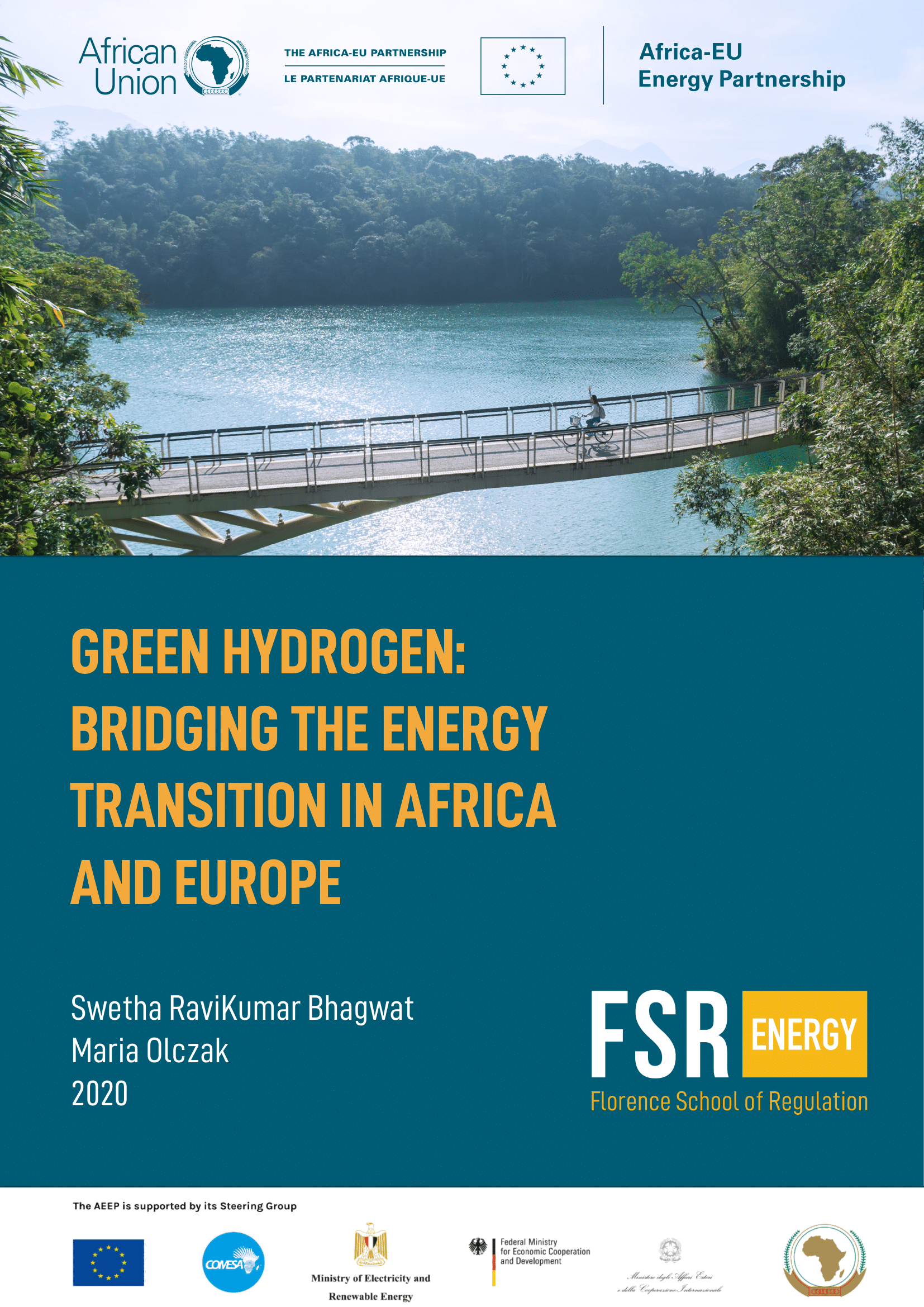23 March 2022. 14:00 – 15:45 (CET). The Africa-EU Energy Partnership organises the seventh edition of its Energy Talks, exploring the energy outcomes of the EU-AU Summit and the priorities Africa and Europe should focus on ahead of COP27.
On 17th and 18th of February 2022, leaders from the European Union (EU) and the African Union (AU) met for the sixth EU-AU Summit in Brussels. The Summit closed with a joint declaration of a renewed partnership between Europe and Africa, and a €150 billion investments package by 2027 to support the Agenda 2030 and the AU’s Agenda 2063. The Africa-Europe Investment Package was announced as part of the Global Gateway Strategy to support Africa for a strong, inclusive, green and digital recovery and transformation.
With Africa at the heart of climate negotiations, both continents have committed to jointly strengthen their partnership, and the EU-AU Summit was a crucial step for doing so. Now the world looks ahead towards how this partnership of equals will develop. With COP27 being portrayed as the “African” COP, the EU will have the opportunity to deliver and showcase its commitment to the African continent.To discuss the road towards COP27, the upcoming AEEP Energy Talks will bring together representatives from the AU Commission and the European Commission to address how the outcomes of the EU-AU Summit can inform African ambitions at COP27. Speakers include:
- Mr Moses Bayingana, Acting Director, Infrastructure and Energy, African Union Commission
- Mr Georgios Grapsas, Team Leader DG INTPA F1, European Commission
- H.E. Ms Yasmine Fouad, Minister of Environment, Egypt
- Mr Glenn Pearce-Oroz, Director of International Relations, SEforALL
- Mr Dimitris Papastefanakis, Team Lead, EU Technical Assistance Facility
- Ms Oluwadabira Abiola-Awe, Ventures &Capital Campaign Associate, Student Energy
- Moderated by Johan van den Berg, Head of Secretariat, Africa-EU Energy Partnership (AEEP).
Namibia eyes green hydrogen futureNamibia has enlisted a German consortium for an ambitious $9.4bn green hydrogen project, but questions remain over the country’s potential competitiveness in the sector.
Global hydrogen production is based on stripping hydrogen from fossil fuels such as methane, natural gas or coal. In contrast, green hydrogen energy is produced using electrolysis, a process that separates hydrogen molecules from desalinated water using wind turbines or solar energy. This process converts electrical energy into chemical energy without carbon emissions. The hydrogen recovered makes it possible to obtain energy in two ways: through its direct combustion with oxygen or in the form of electricity via a fuel cell.




No comments:
Post a Comment